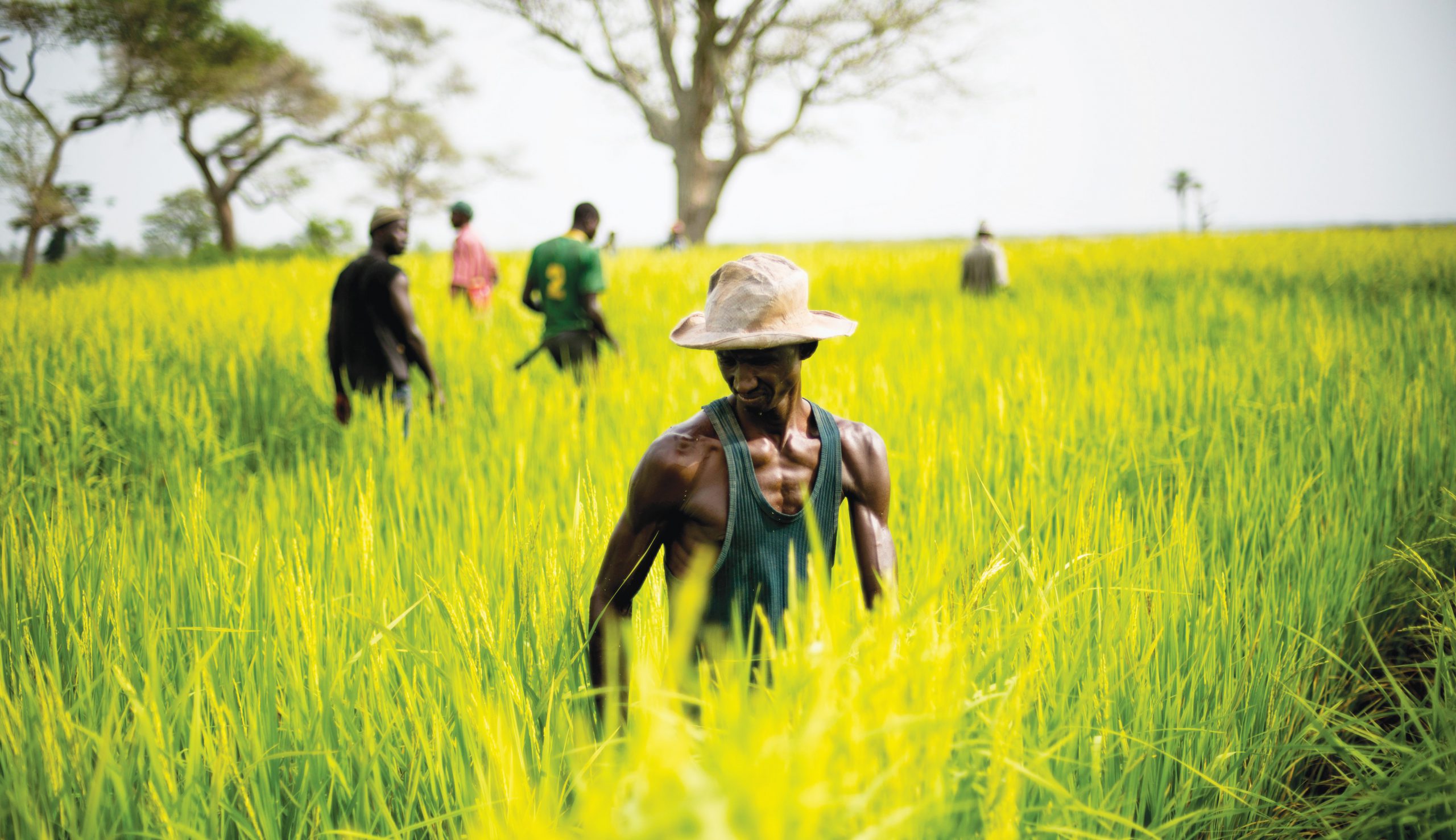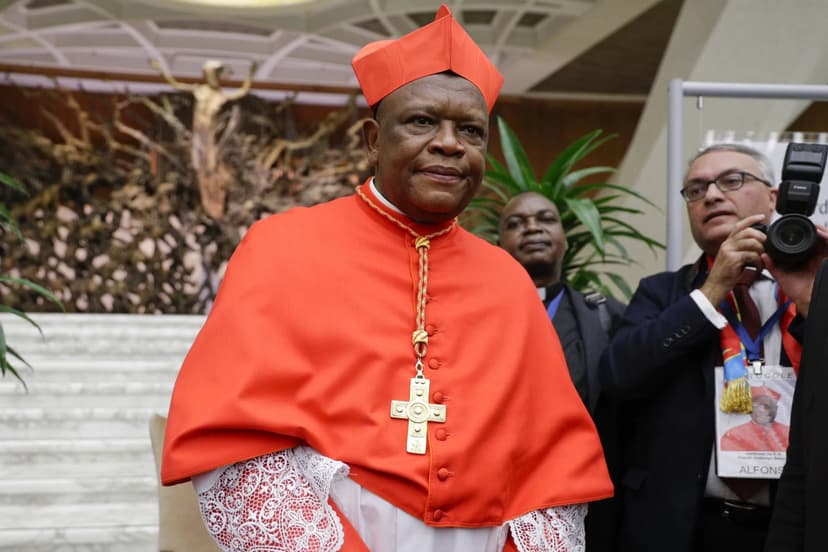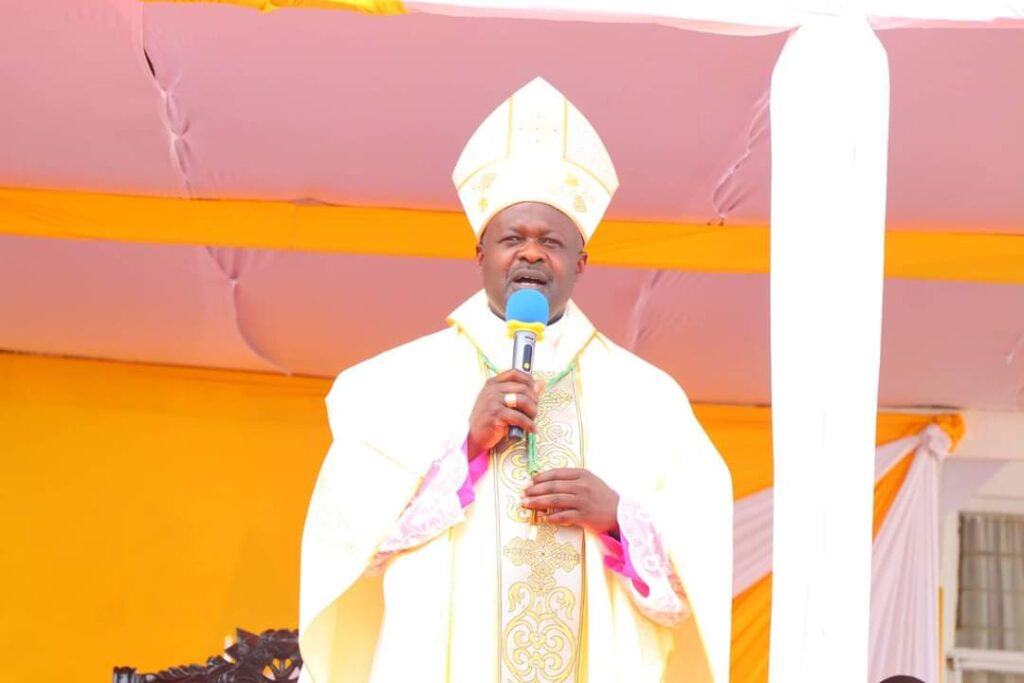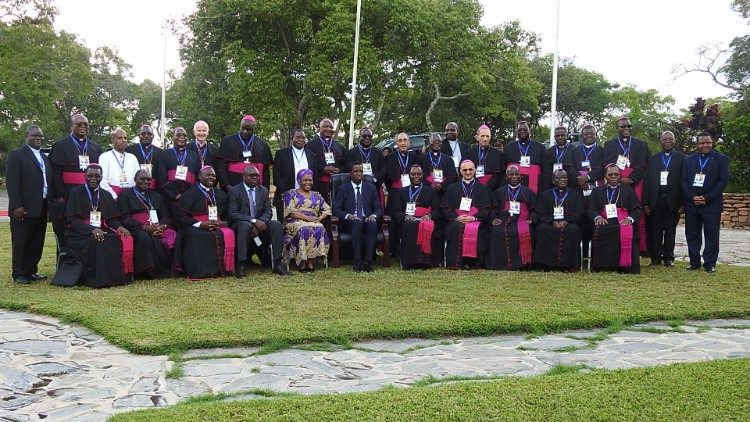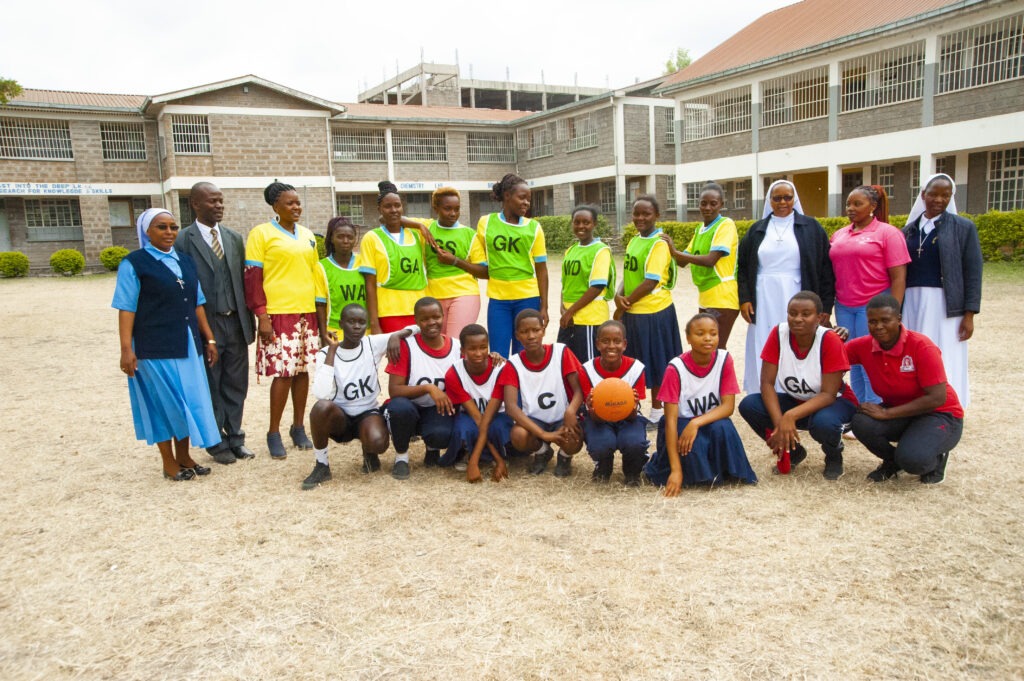All too often, the few rich and fortunate inhabitants of this unjust world demand – and even order and impose – that the many ‘cursed of the earth’ diminish in number, so that they themselves are not forced to change their all-devouring lifestyles.
I am writing this short article from Italy, my home country, in the heart of the Global North. Here, even today, the growth of world population is still considered a threat, something to be ‘controlled’. Obviously, the fault is assigned, quickly and uncritically, to the Global South, where the growth rate is extraordinarily high, when compared to the rate in Europe (Italy is one of the few countries where the rate is negative). Stereotypes and platitudes are easy ways of addressing the complexity of today’s reality!
What could a missionary perspective say about this question? A missionary perspective, as always, speaks of the World and the Church.
Looking at the World, the fear of an uncontrolled growth of population is the fear of those who are in control of the global economic resources, sit at the table of abundance, and do not see favourably the idea of having to share those resources with a growing number of people, who ask to sit at the same table. The fear of those who claim that ‘the others’ are becoming ‘too many’ is the fear of losing the current way of life, based on privileges and exploitation, at the expense of those who remain excluded from that life.
In a perspective that is not only missionary, but also just, the main challenge of population growth is not the growing number but the limited natural resources. It is an issue of justice, not demography. Already back in the 1980s, in the Global North there was a campaign entitled “Against hunger, change your life”. It was the beginning of the awareness of the link between poverty and lifestyle.
As it happened to many good initiatives started in the Eighties, it ended up being engulfed by the voracity of neoliberalism. It became much easier to send one dollar ‘to feed a child’ than to change Europeans’ way of living. Later, it became even easier (and cheaper) to accuse the Southern populations of ‘being too many’. The many poor should reduce in number, so that the few rich would not have to reduce consumption.
The growth of world population obviously interests also the Church. Undeniably, the Catholic Church (but, I guess, other Christian denominations are in the same situation) has become prevalently a Church in and of the Global South, at least in terms of numbers and participation. Unfortunately, it appears that the same populations that are growing in numbers, have not been granted yet full access to the table of theological and liturgical production.
Only recently, Pope Francis has finally recognised – officially and universally – the ministry of the catechist, a Church figure who has been part and parcel of all Christian communities in the Global South since their beginning, and the pillar on which their growth is built.
The global population growth and the consequent change of the demographic composition of the Catholic Church must trigger a serious reflection on her organisation, power distribution and the access to theological and liturgical production. Otherwise, the risk is the repetition of what has been happening in other fields between Global South and Global North: the first must reduce so that the latter does not need to change.

